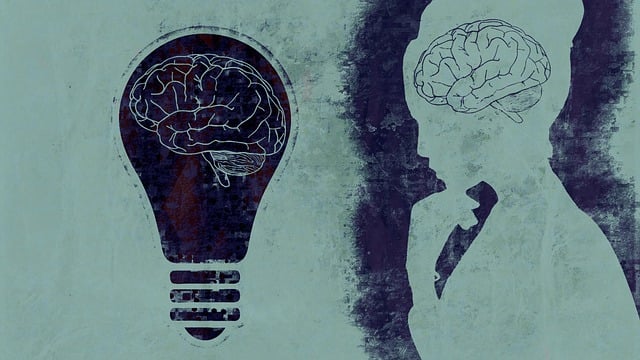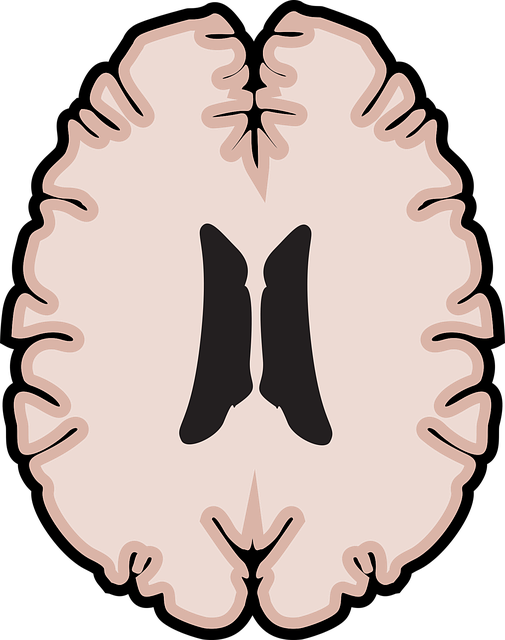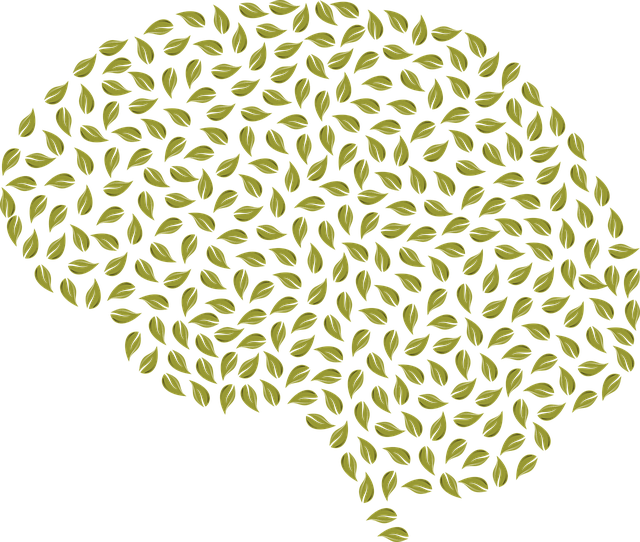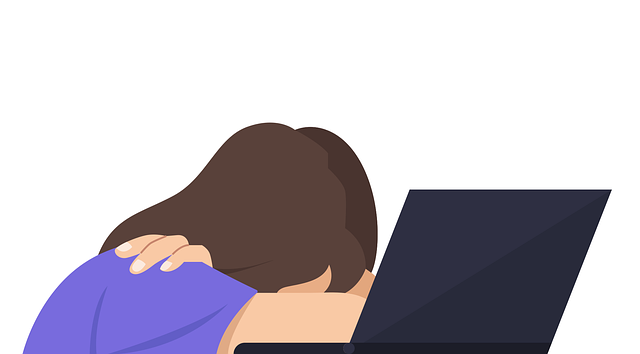Mental wellness is key for children's development, with early intervention crucial to prevent issues like anxiety and depression. For Spanish-speaking children, cultural and linguistic barriers often hinder access to therapy, emphasizing the need for tailored services. Recognizing non-verbal cues of distress is vital, leading to appropriate interventions like play or art therapy. Creating a personalized self-care routine integrates anxiety relief techniques, focusing on key areas like stress management and emotional resilience. Specialized programs like Therapy for Young Children Spanish Speaking bridge cultural gaps, empowering parents to provide comprehensive routines enhancing children's social skills and coping mechanisms. Community outreach further ensures mental health support is accessible to all.
Mental wellness is a cornerstone of overall health, especially for young children. This article explores the importance of self-care routines for Spanish-speaking families and their impact on mental health. We delve into understanding common distress signs in kids and provide practical steps to create personalized self-care plans.
From incorporating therapy techniques tailored for young minds to establishing daily practices, this guide equips parents with tools to support their children’s mental wellness. Overcoming cultural barriers and knowing when to seek professional help, like therapy for Spanish-speaking families, is also discussed.
- Understanding Mental Wellness and Its Impact on Young Children
- The Importance of Self-Care for Spanish-Speaking Families
- Identifying Signs of Distress in Young Kids
- Creating a Personalized Self-Care Routine
- – Incorporating Therapy Techniques
Understanding Mental Wellness and Its Impact on Young Children

Mental wellness is a vital aspect of a child’s overall development, especially for young Spanish-speaking children who may face unique challenges in accessing appropriate therapy and support. Understanding mental health involves recognizing that it encompasses not just the absence of illness but also emotional, psychological, and social well-being. For young kids, this includes healthy coping mechanisms, self-esteem improvement, and the ability to navigate social interactions successfully.
Early childhood is a critical period for brain development, and mental wellness during these years can significantly impact future growth. The absence of proper support might lead to issues like anxiety, depression, or even more severe conditions if left unaddressed. Providing Spanish-speaking children with therapy tailored to their linguistic needs is essential. It ensures effective communication, allowing therapists to build trust and deliver culturally sensitive care, ultimately enhancing the coping skills development and overall mental health outcomes for this demographic.
The Importance of Self-Care for Spanish-Speaking Families

Para las familias hispanohablantes, la atención al bienestar mental es un aspecto crucial que a menudo requiere una consideración especial. En muchas comunidades, los estereotipos culturales y las barreras lingüísticas pueden dificultar el acceso a recursos de salud mental, incluyendo terapia para jóvenes niños hispanohablantes. Esto puede llevar a problemas de salud mental no tratados, lo cual es preocupante dada la creciente evidencia que destaca la importancia de la salud mental desde una edad temprana.
Las self-care practices adaptables y culturalmente sensibles son esenciales para prevenir el burnout y promover resiliencia dentro de estas familias. La Mental Health Policy Analysis and Advocacy puede desempeñar un papel vital al garantizar que los servicios de salud mental sean accesibles y adaptados a las necesidades específicas de las comunidades hispanohablantes. Abordar estos desafíos no solo beneficia a los individuos, sino que también fortalece la cohesión familiar y el bienestar comunitario en su conjunto.
Identifying Signs of Distress in Young Kids

Recognizing signs of distress in young children is an essential first step in promoting their mental wellness. Kids may not always express their feelings verbally, so it’s crucial for parents and caregivers to be attuned to non-verbal cues. Be alert to sudden changes in behavior, such as increased irritability, withdrawal from social interactions, or difficulty concentrating.
If you notice persistent symptoms of anxiety, depression, or trauma, consider seeking therapy for young children that offers Spanish-speaking services. Trauma support services tailored for kids can provide the necessary tools and coping mechanisms to manage their emotions effectively. Developing a solid self-care routine, integrated with anxiety relief techniques, is also vital for fostering better mental health in young individuals.
Creating a Personalized Self-Care Routine

Crear una rutina de autocuidado personalizada es un viaje introspectivo que permite a cada individuo descubrir lo que realmente nutre su mente y alma. Al igual que en la terapia para niños de habla española, donde se adapta el enfoque a las necesidades únicas de cada pequeño, tu rutina de autocuidado debe ser una extensión de ti mismo. Comienza identificando tus áreas de bienestar que requieren atención: ¿es la gestión del estrés, mejorar la calidad del sueño o cultivar la resiliencia emocional? Una vez identificadas estas prioridades, puedes empezar a diseñar actividades y prácticas específicas para abordarlas.
Integra actividades que fomenten la calma y la conexión con uno mismo, como la meditación, el ejercicio suave o la escritura reflexiva. La producción de un mental wellness podcast series puede inspirar ideas y proporcionar apoyo adicional en este proceso. Al igual que las emocional healing processes exploradas en estos programas, tu rutina debe permitirte procesar y liberar emociones reprimidas. Recuerda que la consistencia es clave; adopta prácticas que puedas mantener a largo plazo para crear un equilibrio duradero en tu vida.
– Incorporating Therapy Techniques

Incorporating therapy techniques into a mental wellness self-care routine can be incredibly beneficial for individuals, especially young children who may struggle with expressing their emotions. For Spanish-speaking families, accessing culturally competent therapy is essential. Therapy for Young Children Spanish Speaking offers specialized services tailored to meet the unique needs of these communities. Techniques such as play therapy and art therapy are effective tools that allow children to communicate and process their feelings in a safe, supportive environment.
Social Skills Training and Emotional Regulation strategies are integral parts of these therapeutic approaches, enabling children to develop healthy coping mechanisms and enhance their ability to interact with peers. Additionally, Community Outreach Program Implementation can bridge the gap by providing accessible resources and education to families who may face barriers in seeking mental health support. By integrating these techniques, parents can create a comprehensive self-care routine that promotes emotional well-being and fosters a positive mindset in young children.
In conclusion, fostering mental wellness in young children is paramount for their overall development. By understanding the impact of mental health and identifying distress signals early on, parents and caregivers can take proactive steps to support Spanish-speaking families through personalized self-care routines. Incorporating therapy techniques tailored to these communities empowers kids and strengthens their resilience. With dedicated care, we can ensure that young children thrive both emotionally and psychologically, setting them up for a bright future.













